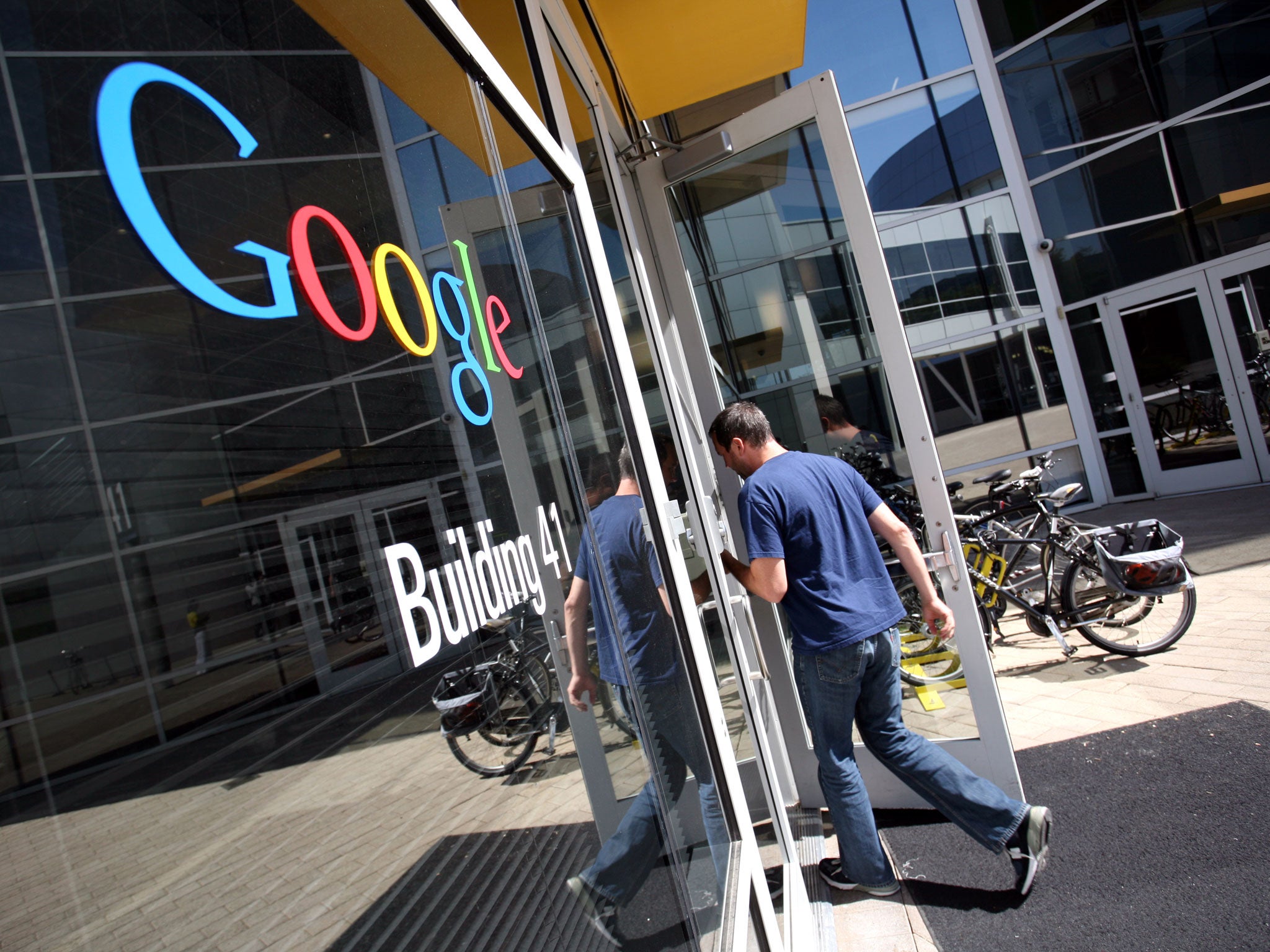'Ungoogleable' removed from list of Swedish words after row over definition with Google
California based search engine giant asked Swedish to amend definition

The Language Council of Sweden, the regulatory body charged with the 'cultivation' of the Swedish language, has removed the term "ogooglebar" (which translates as ungoogleable) from a list of new words after pressure from Google.
The body, which describes its mission as that of 'monitoring the development of spoken and written Swedish', added the term to a list of new words last year, defining it as: "[Something] that you can't find on the web with the use of a search engine."
According to 'The Local' website the California based search engine giant asked the council to amend their definition.
The Swedish refused and instead removed the term from a list of words altogether.
The English language Swedish news website, The Local, quotes the head of the council Ann Cederberg saying: "We're removing the word today and stating our displeasure with Google's attempt to control the language".
According to reports, Google's apparent displeasure came from the prospect of a word based on its name being defined by Sweden's "official language cultivation body".
The search engine giant wanted the Swedish organisation to specify that the word only related to searches made using Google - and not those made using their rival's products.
Ann Cederberg claims that long email exchanges with Google's lawyers demanded too much work so the organisation removed the word from the list altogether. The is the first time in the council's history that it has removed a word from its annual list.
Cedeberg was clear that the removal of the word was not forced by Google and did not indicate the word won't be used in the language. She also said that the council refused to make amendments to the definition in order to spark a debate.
She told The Local: "If we want to have 'ogooglebar' in the language, then we'll use the word and it's our use that gives it meaning - not a multinational company exerting pressure. Speech must be free!".
Join our commenting forum
Join thought-provoking conversations, follow other Independent readers and see their replies
Comments